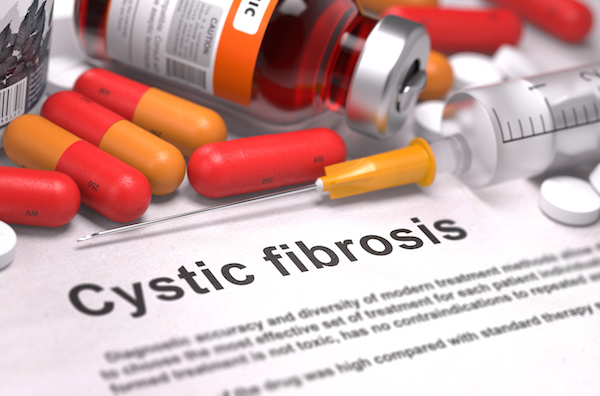FRIDAY, May 6 (HealthDay News) — Simple exercise routines can improve lung function and overall fitness in children and teens with cystic fibrosis, the results of a small new study suggest.
Cystic fibrosis, or CF, is a genetic disorder that causes a buildup of thick mucus in the lungs, resulting in frequent lung infections, breathing problems and decreased lung function.
Highly structured, intense exercise regimens are difficult to adhere to long-term, so a team of researchers at Johns Hopkins Children’s Center designed simple exercise programs tailored to patients’ preferences and lifestyles.
These activities included things such as going for a walk, playing basketball in the driveway, taking dancing lessons or playing with a Wii video game system.
Lung function and exercise tolerance tests were given to 58 CF patients, aged 6 to 16, before and after they did their exercise programs for two months. The exercise tolerance test involved walking as many 10-meter (about 33 feet) intervals as possible.
After completing the exercise programs, the patients were able to do an average of seven more walking intervals than before they started exercising.
All of the participants showed at least some improvement in lung function, but the most noticeable improvement (5 percent or more) occurred in those who increased their exercise capacity by 10 or more walking intervals.
The study was slated to be presented Tuesday at the annual meeting of the Pediatric Academic Societies, in Denver.
“Exercise, even when informal and unstructured, not only appears to improve lung status in children with CF, but goes a long way toward benefiting their overall health, self-perception and emotional well-being,” lead investigator Dr. Shruti Paranjape, a pediatric pulmonary specialist, said in a Johns Hopkins Medical Institutions news release.
Because the findings were presented at a meeting and the study is not yet published in a peer-reviewed journal, its findings should be considered preliminary.
More information
The U.S. National Heart, Lung, and Blood Institute has more about cystic fibrosis.

